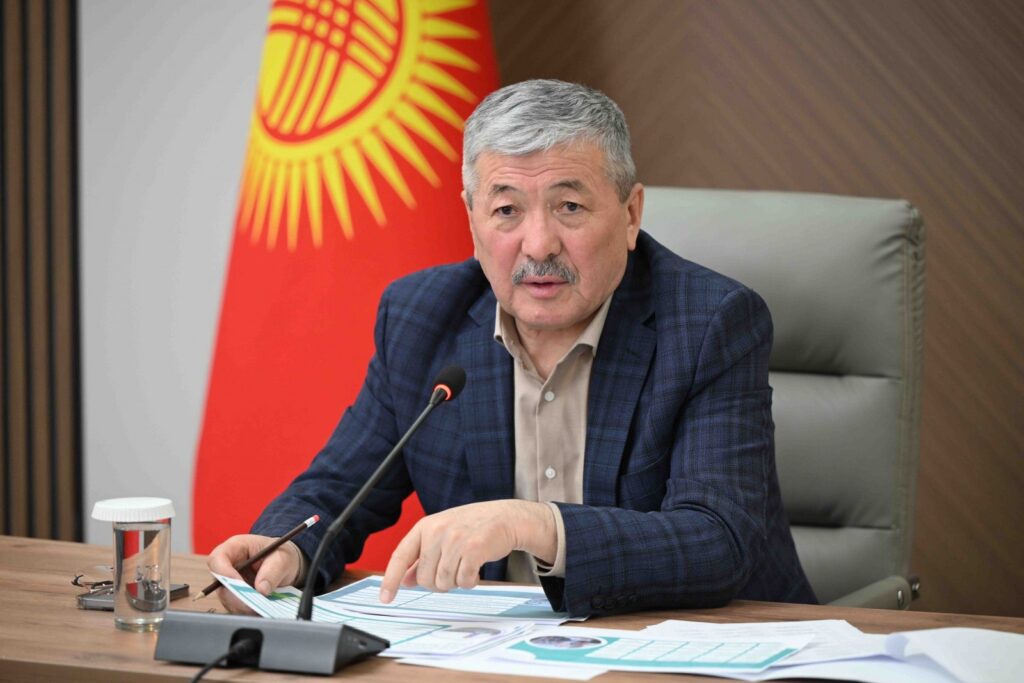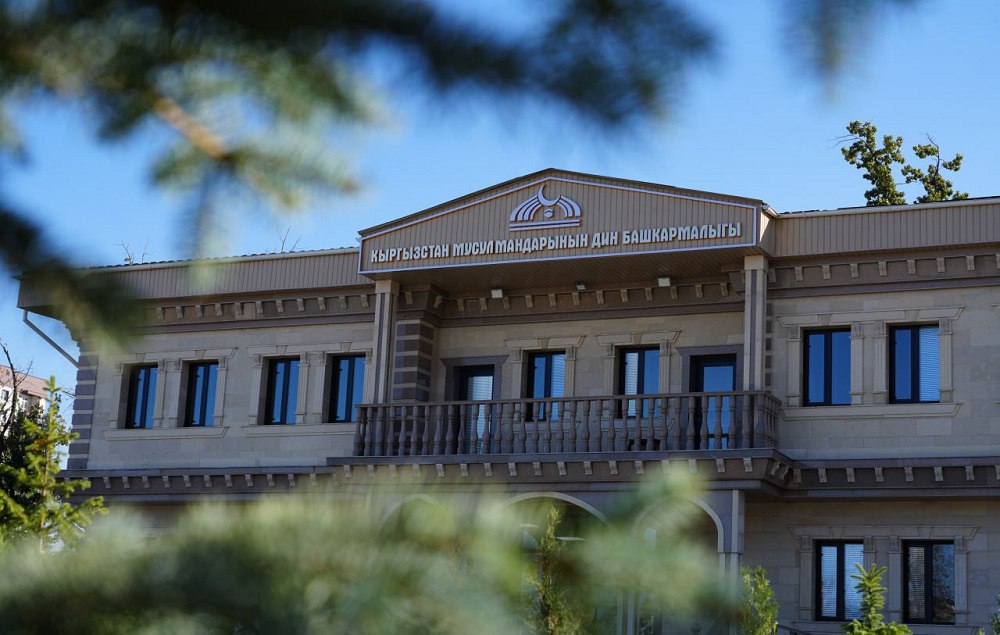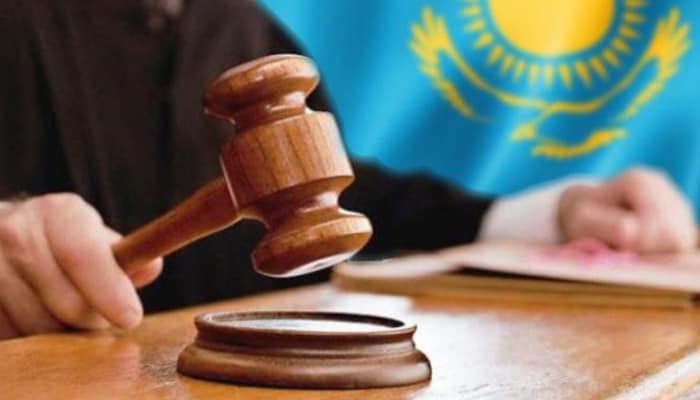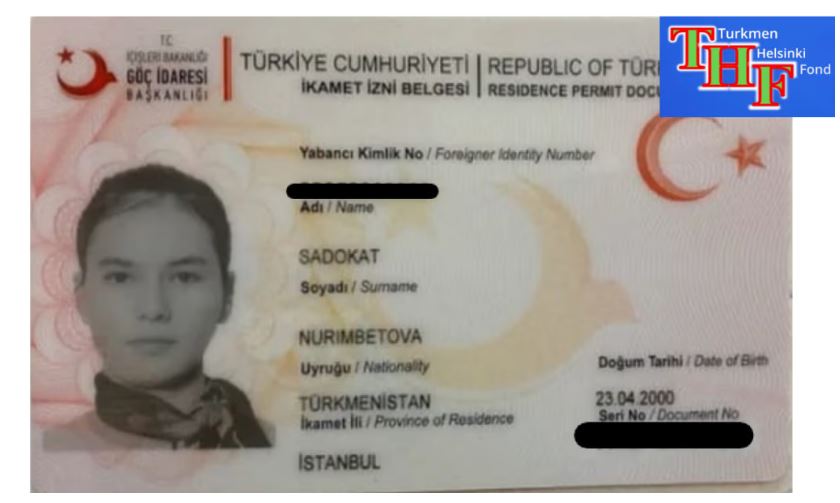BISHKEK (TCA) — A Kyrgyz court in Bishkek on January 24 upheld the 2010 guilty verdict and life imprisonment sentence against ethnic Uzbek rights activist Azimjan Askarov.
The Chui Regional Court, which reconsidered Askarov’s case from 4 October 2016 to 24 January 2017, upheld the original verdict, finding him guilty on a variety of charges, including accessory to murder of a policeman, incitement of inter-ethnic hatred and hostage-taking in the context of ethnically motivated violence and deadly clashes between local Uzbeks and Kyrgyz in southern Kyrgyzstan in June 2010.
Askarov, 66, said after the ruling was announced that he will begin a hunger strike in protest, RFE/RL’s Kyrgyz Service reported.
His lawyers said they will appeal the court’s decision to the Supreme Court.
Kyrgyz rights activist Tolekan Ismailova, who was part of Askarov’s defense, called the court ruling “a political decision.”
The UN High Commissioner for Human Rights Zeid Ra’ad Al Hussein on January 24 said that the decision by the Kyrgyz court to uphold the life sentence against political activist and journalist Azimjan Askarov is “deeply troubling” and “highlights serious shortcomings in the country’s judicial system”.
“The court’s decision clearly did not take into account the views of the UN Human Rights Committee which found that Askarov had been arbitrarily detained, held in inhumane conditions, tortured and prevented from adequately preparing his defence,” Zeid said.
The Human Rights Committee, which in March 2016 considered a complaint brought by Askarov, called for his conviction to be quashed and if necessary a new trial to be held in line with the principles of fair hearings, presumption of innocence and other procedural safeguards.
“It is truly unfortunate that the issues highlighted by the Human Rights Committee received only limited attention during this latest trial and that the court did not pursue allegations that Askarov had been tortured,” the High Commissioner said.
Other concerns included the repeated absence of a court-appointed interpreter, placing Askarov, a native Uzbek speaker, at a disadvantage as he was not comfortable in Kyrgyz, the language of the court proceedings, and the alleged reliance on the same witness testimonies as the sole source of evidence as in the original trial.
Zeid reiterated the call by the Human Rights Committee for Askarov’s conviction and sentence to be quashed and urged Kyrgyzstan to conduct “impartial, objective and thorough investigations” and judicial proceedings in order to ensure justice for all.









